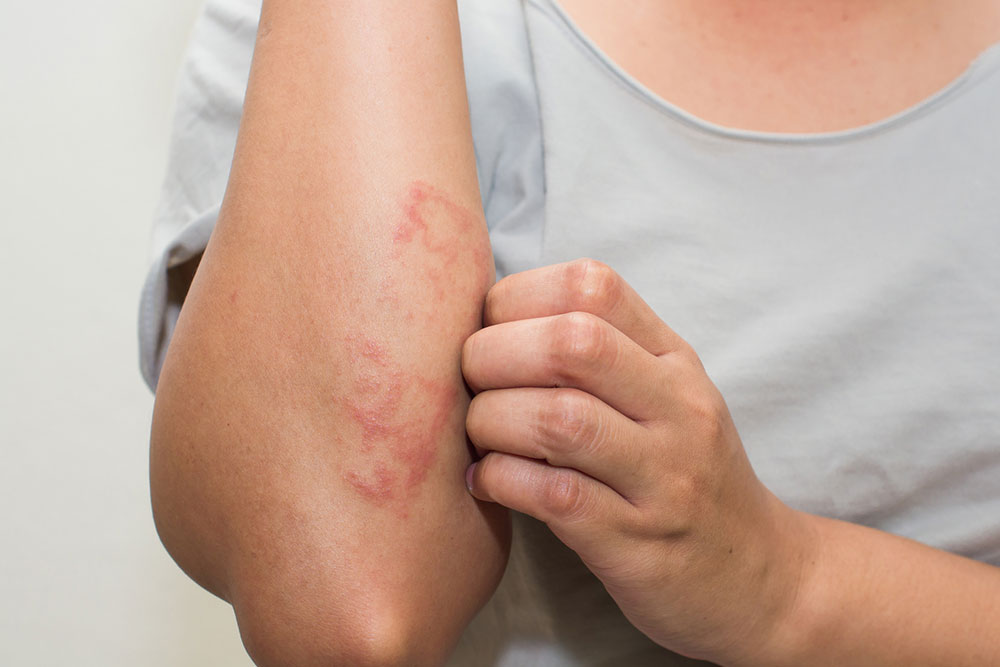Essential Insights into Effective Eczema Management and Treatments
Learn about the different types of eczema, effective prevention strategies, and treatment options. Professional diagnosis and proper skincare are vital, with treatments ranging from moisturizers to steroids. This guide emphasizes safe medication use and lifestyle habits to manage eczema effectively and prevent flare-ups long-term.

Essential Insights into Effective Eczema Management and Treatments
Eczema is a term that encompasses various skin conditions, with up to 11 different types contributing to its development. Common signs include blisters that may ooze and form crusts, along with persistent itching. While there are many treatment options available, focusing on prevention through proper skincare is key to avoiding discomfort. Understanding the specific type of eczema is crucial for effective treatment. Types include atopic dermatitis, irritant dermatitis, allergic contact dermatitis, stasis dermatitis, fungal infections, scabies, pompholyx, lichen simplex chronicus, nummular eczema, xerotic eczema, and seborrheic dermatitis. Proper diagnosis often involves consultation with a dermatologist and sometimes lab tests. Treatments target itch relief, skin healing, flare prevention, and infection control, often involving topical steroids, moisturizers, and in severe cases, systemic medications. Awareness of medication side effects and cautious use is important for long-term management.
Preventative care includes regular moisturizing and avoiding skin irritants, which can significantly reduce flare-ups. Maintaining healthy diet habits can also support skin health. Accurate diagnosis by a dermatologist is essential before initiating treatment. Common treatments involve controlling itching with solutions like vinegar compresses, applying prescribed topical steroids, and, in severe cases, systemic steroids or immune-modulating drugs. While medications such as corticosteroid creams and pills are effective, they must be used carefully to avoid adverse effects. Combining medical treatments with lifestyle adjustments ensures optimal eczema management. Always consult healthcare professionals for personalized advice and to understand potential risks associated with medications.
Note:
Our platform offers informed articles across various health topics. While our research provides valuable insights, articles should not replace professional medical advice. Always seek guidance from qualified healthcare providers for diagnosis and treatment. The information provided is for educational purposes and may not include all available treatments or schemes. Use it as a guide, not a substitute for personalized medical care.










